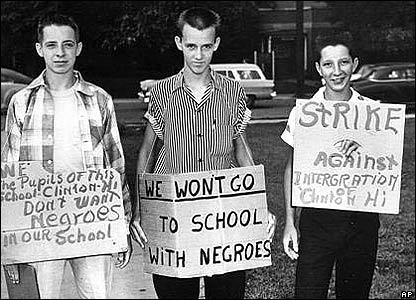Tea Party support linked to educational segregation, new study shows
Source: University of Notre Dame

In January of 2009, Barack Obama assumed the U.S. presidency in the midst of the most severe recession since the great depression of the 1930s. While many Americans hoped the new administration would take an active role in providing relief for those harmed by the economic collapse, a “Tea Party” movement emerged to oppose Obama’s agenda.
University of Notre Dame political sociologist Rory McVeigh, whose study, “Educational Segregation, Tea Party Organizations, and Battles over Distributive Justice,” was recently published in the American Sociological Review, says “The political polarization that we witness today is linked to the way in which Americans live in segregated worlds.”
McVeigh and coauthors, Kraig Beyerlein, Burrel Vann and Priyamvada Trivedi, examine why certain U.S. counties are conducive to the establishment of Tea Party organizations. Their statistical analyses show that even after accounting for many other factors, Tea Party organizations were much more likely to form in counties with high levels of residential segregation based on education levels, and that college graduates were more likely to indicate support for the Tea Party if they resided in a county characterized by high levels of educational segregation.
“Acceptance or rejection of the Tea Party’s views on the government’s role in redistributing wealth is shaped, to a large degree, by the extent to which those who have benefited from higher education are set apart in their daily lives from those who have not,” says McVeigh, who specializes in inequality, social movements, race and ethnicity.
“As the article explains, the commonly held view that individuals and families who are struggling to get by are undeserving of government assistance is reinforced when the highly educated have limited contactTea Party support linked to educational segregation, new study shows - Jonathan Kantrowitz:
